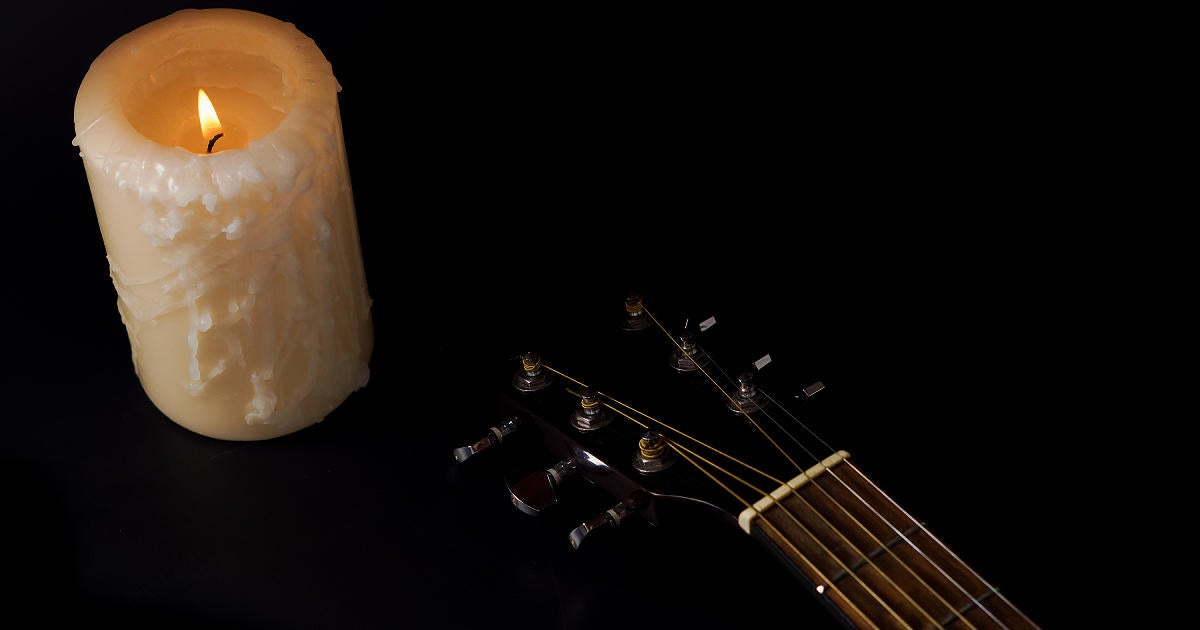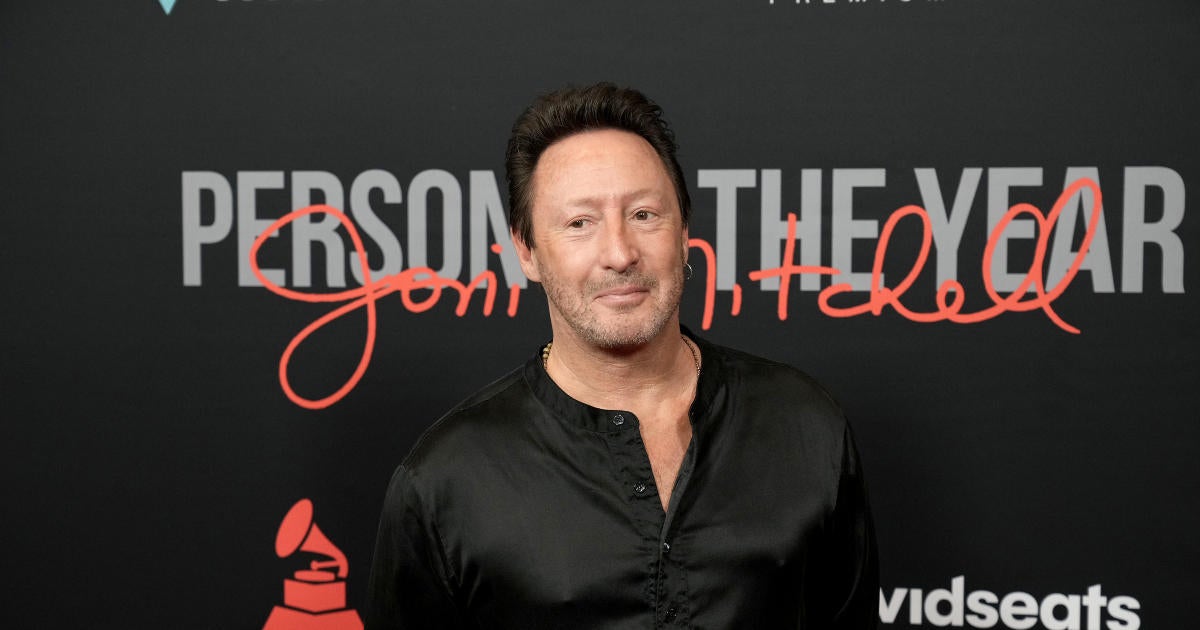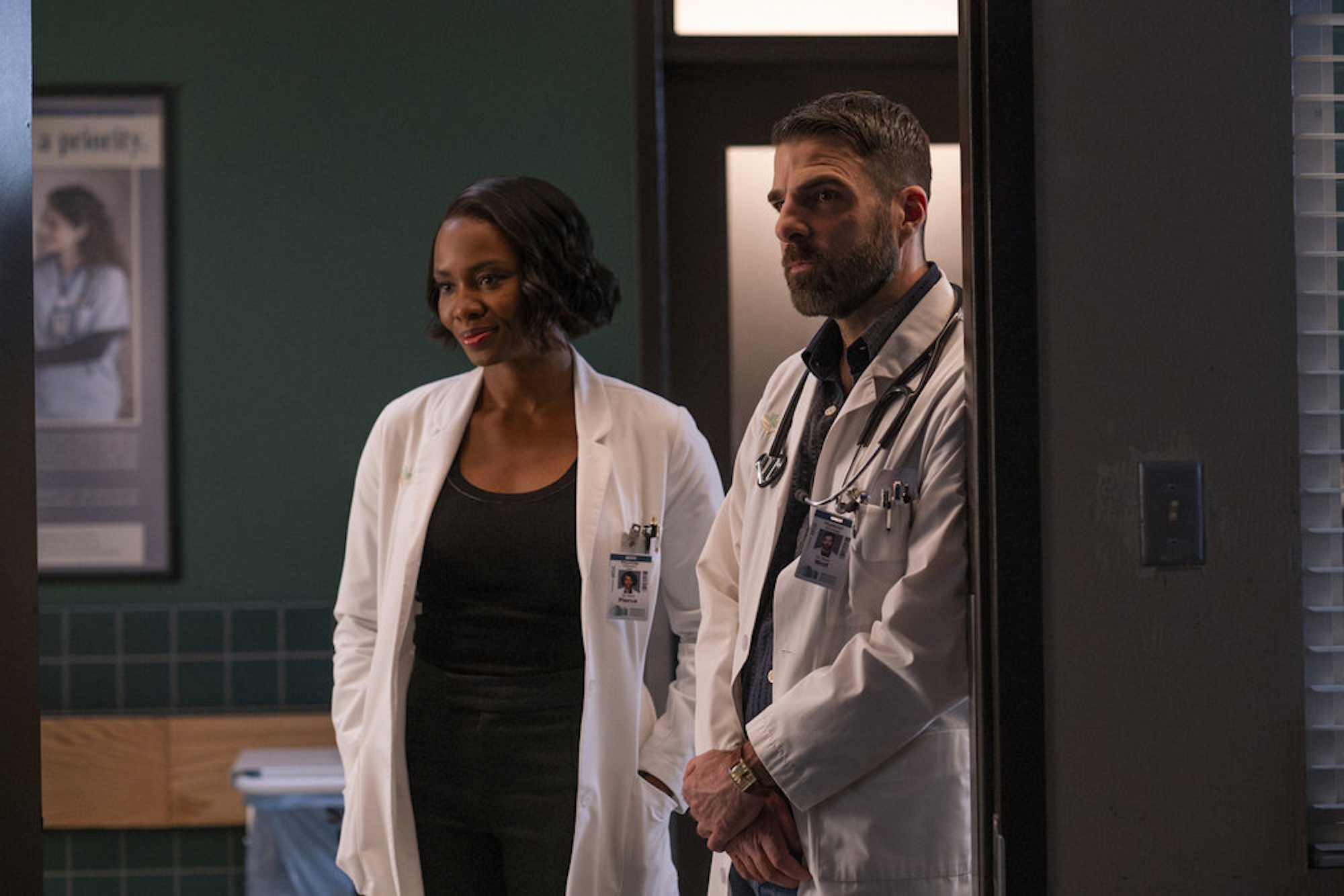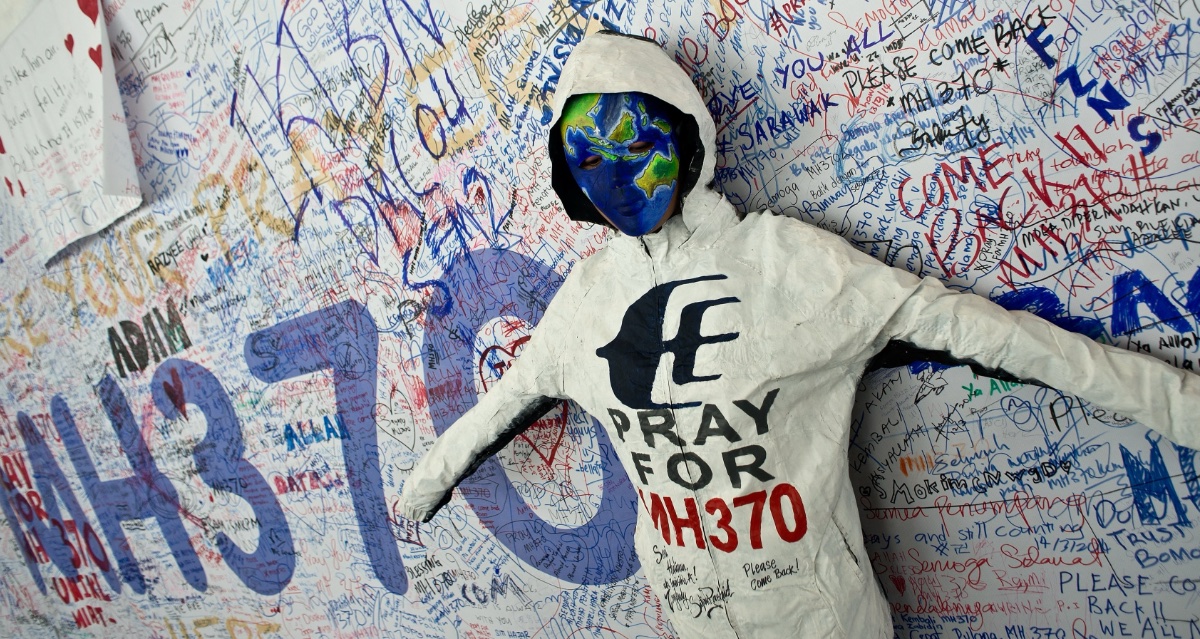Liam Payne Was the Original Glue for One Direction
Liam Payne, the singer and songwriter best known as a member of the boy band One Direction, died Wednesday in Buenos Aires after falling from a third-floor balcony of a hotel. He was 31. Payne was the glue to a generation-defining band—a band he seemed to struggle to define himself outside of and was working out his relationship with until the end of his life. Payne had been in South America, in part, to see one of his former bandmates, Niall Horan, on tour.
Payne’s big break came in 2010, when One Direction was stitched together from five individual contestants on the British singing competition show The X Factor. It was his second time on the show. In 2008, when he was 14, Payne was told by host Simon Cowell to come back in two years when his voice had matured. For his second audition, at age 16, he belted out a rendition of “Cry Me a River,” and the often-surly Cowell gave him “one massive, fat, almighty yes” to advance.
Cowell and guest judge Nicole Scherzinger ultimately grouped Payne together with Horan, Harry Styles, Louis Tomlinson, and Zayn Malik to form a goofy, uniformly floppy-haired boy band that didn’t dance. While they didn’t actually win The X Factor, by the end of the show, they’d amassed tens of thousands of fans online and secured a record contract with Cowell’s imprint.
Especially in the beginning, Payne was one of One Direction’s stronger singers and the one who seemed the most determined to make the group work. He sang the first verses on most songs on the first One Direction album, Up All Night, including on the breakout hit “What Makes You Beautiful.”
Those first few lines—you’re insecure, don’t know what for—were not just the thesis statement for the song but the mission statement of a band that, through five albums, dedicated themselves to telling young women that they really were special. Very soon, throngs of those young women—and others—followed Payne and his bandmates everywhere, screaming those lyrics from the top of their lungs and basking in the validation those songs provided.
And in those moments when One Direction first took the world by storm, Payne was the closest thing they had to a frontman.
As the band evolved, Payne took an active role in the songwriting; he’s second only to Tomlinson in total credits within the band’s discography. He co-wrote songs like “Clouds,” “Diana,” and “Spaces” and leaned into the arena-filling, Fleetwood Mac–lite style that became the defining sound of One Direction’s later albums. In 2015, Payne told Entertainment Weekly that the ethereal “What a Feeling” was his favorite of them all.
Liam Payne was the driving force behind so much of the @onedirection band and music that has branches into almost all the pop music at the center of culture today. 31 years old. Massively under appreciated artist. This is such a terrible tragedy.
— Nathan Hubbard (@NathanCHubbard) October 16, 2024
In many ways, One Direction was a true global phenomenon. For the first half of the 2010s, from the time the group formed until they went on what eventually became a permanent hiatus in 2015, they sold out stadiums, released 29 Billboard Hot 100 hits, and charmed millions of fans. They were arguably the first true band of the social media age, and their massive, mobilized fandom has become a prototype for how modern fandoms form and function online. Rather than through polished dance moves or neatly layered harmonies of boy bands past, these boys won hearts through their scruffy charm and impish antics, which they showcased frequently on their personal accounts.
At a time when the internet was reshaping how a lot of young people formed and represented their identities, being a Directioner meant gaining entry into one of the largest virtual clubhouses out there and being clued in on an entire language of bits and inside jokes. In 2013, when the London Madame Tussauds installed wax figures of the five bandmates, including a rather horrifying-looking one of Payne, “Wax Liam” became a bit character on One Direction–themed Tumblr pages and on stan Twitter.
As is the natural course for boy bands, One Direction announced a hiatus in 2015 and broke up for good a year later. Members of the band were varying levels of disappointed and relieved when it all ended, but in the years that followed, Payne in particular had difficulty finding his own signature as a solo artist. His solo ventures leaned heavily on electronic dance music production and collaborations. His 2019 album, LP1, included features from J Balvin, Quavo, and the producer Zedd. His single “Strip That Down,” with Quavo, was a top-10 hit.
Payne had struggled with substance use and with his mental health dating back to his days in One Direction. In 2023, he said he’d stopped drinking and announced that he’d spent 100 days in Louisiana at a rehab facility. “I kind of became somebody who I didn’t really recognize anymore,” Payne said in a video posted to his YouTube account. “And I’m sure you guys didn’t either,” he said.
His relationships were also tumultuous; he sometimes made negative comments about his former bandmates, usually walking them back later. In 2017, he welcomed a son, Bear, with then-girlfriend Cheryl Cole; the two broke up the following year. Days before Payne’s death, his ex-fiancée, Maya Henry, issued a cease and desist against him, describing abusive behavior and harassment.
Payne’s death was confirmed by Alberto Crescenti, the director of emergency services in Buenos Aires, who said the circumstances of his fall were unclear.
Not all boy band stories end in tragedy. But the nature of such a rapid rise to fame, particularly in a genre defined by youth, suggests impermanence. As soon as One Direction formed, people asked when they’d break up. Of all the members, Payne seemed to struggle most to find his path outside of the band and figure out who he was without it. Even on his trip to Argentina, he’d spoken about wanting to see Horan on tour in order to catch up and hash things out.
But the legacy of One Direction is its fan base, which has far outlasted the band itself, and for young millennials, especially those who were fans of One Direction, Payne’s passing carries the shock of losing someone who defined a piece of their childhood.
Directioners are still an active force online, bonding over memes, rehashing old arguments with Beliebers, and reminiscing about the band. Payne was a critical piece of a band that not only helped form those relationships between millions of strangers but changed the way those relationships are formed in the first place. There are so many people who came together over One Direction. They miss the band. And for all his imperfections, they’ll now miss Liam Payne. But because of him, they’ll do it together.







